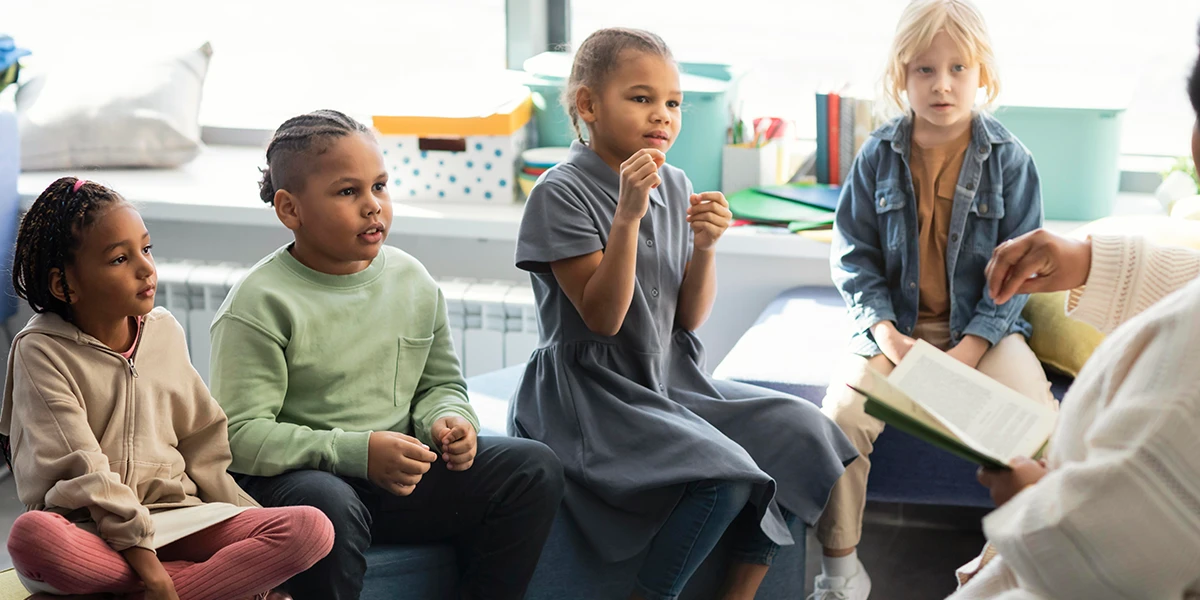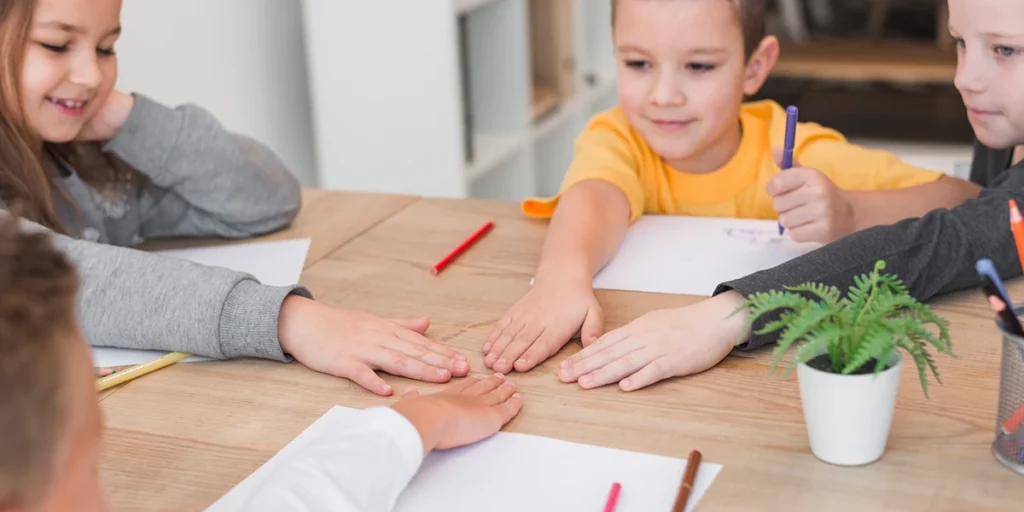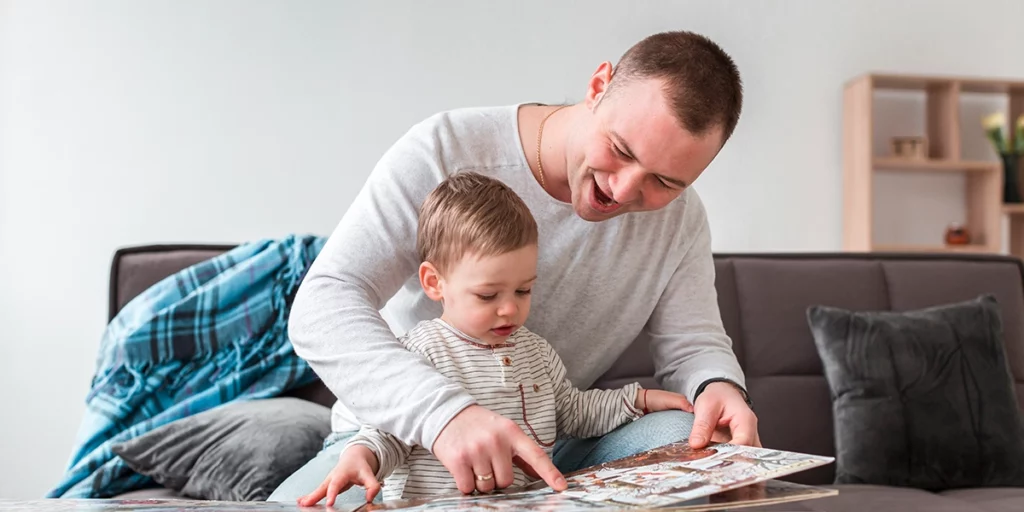Social skills are the foundation of healthy human relationships, and they are critical for children’s healthy development. Social skills refer to a child’s ability to communicate, interact, and form relationships with others effectively. Developing social skills is essential, as it helps children learn how to express their feelings, thoughts, and ideas and understand others’ perspectives. Social skills training for kids is a structured approach to teaching children these essential skills. In this blog post, we will provide a comprehensive guide to effective social skills training for children and its benefits.
Download and Start Your Free Trial of the Safes Parental Control App
The Importance of Social Skills for Kids
Social skills are essential for children’s healthy development and overall well-being. Children who possess good social skills can communicate effectively, establish positive relationships with others, and adapt to new social situations. On the other hand, children with poor social skills may struggle to make friends, express themselves, and handle conflicts, leading to long-term emotional and behavioral problems. Examples of social skills that are important in various situations include active listening, assertiveness, empathy, cooperation, and conflict resolution. For instance, active listening is essential when a child needs to understand another person’s perspective, while cooperation is necessary when working on a group project.
Types of Social Skills Training
Social skills training programs can vary depending on the age of the child, the specific social skills they need to develop, and the desired outcome. Some programs focus on improving children’s social skills in general, while others target specific social skills like communication, conflict resolution, and emotional regulation.
Social skills training programs can also vary in terms of the delivery method, including group therapy, individual therapy, or parent education. Social skills training typically involves the use of role-playing, modeling, and feedback to teach children’s social skills. The skills that are typically taught in social skills training programs include active listening, assertiveness, empathy, cooperation, creative problem-solving, and conflict resolution. For teenagers, social skills training may also include job interview skills, dating skills, and assertiveness in peer-pressure situations.

Methods of Social Skills Training
There are various methods used to teach social skills to children and teenagers. One method is direct instruction, where a therapist or teacher explicitly teaches social skills using lectures, videos, and other instructional materials. This method is effective in teaching specific social skills and concepts, but it can be challenging to transfer these skills to real-life situations.
Another method is the behavioral rehearsal, where children practice social skills in role-playing scenarios. This method is effective in providing children with opportunities to practice social skills in a safe and controlled environment, but it may not fully translate to real-life situations.
Tips for Teaching Social Skills to Kids
Parents and teachers can play a crucial role in teaching social skills to children. One tip is to model positive social behavior and provide clear instructions on social expectations. Another tip is to provide opportunities for children to practice social skills and provide feedback on their progress.
Incorporating social skills training into daily routines can be done by using teachable moments during activities such as mealtime, playtime, and storytime. Parents and teachers can also use social stories or role-playing scenarios during these routines to teach social skills in context.
Reinforcing social skills in daily life can be done by praising and acknowledging positive social behavior, providing specific feedback on areas of improvement, and encouraging children to apply their social skills in new situations. Parents and teachers can also provide opportunities for children to practice social skills with peers, such as playdates or group activities.
Overall, social skills training for kids requires patience, consistency, and a supportive environment. By incorporating social skills training into daily routines and reinforcing positive social behavior, parents and teachers can help children develop the social skills they need to succeed in life.

How Can Safes Help Reinforce Social Skills in Children’s Lives?
The Safes parental control app can be an effective tool for reinforcing social skills in children’s lives. The app provides screen time monitoring features that allow parents to set limits on their child’s device usage and monitor their online activity.
By limiting screen time, children have more opportunities to engage in social activities such as playing with friends and family, participating in sports, and engaging in creative activities. This can help children develop social skills such as communication, teamwork, and problem-solving.
The app also provides parents with the ability to monitor their child’s online activity, including social media use and messaging apps. This can help parents identify potential issues with cyberbullying, inappropriate content, or excessive screen time.
By using the Safes parental control app, parents can reinforce positive social behavior and provide children with a safe and supportive environment to develop their social skills.
Safes is available for both Android and iOS devices. To learn how to use this app for your child’s benefit, follow the links below:
- Windows parental controls
- Macbook parental controls
- Parental controls on Android
- iPhone parental controls
Start using Safes with free trial today to create a secure digital environment for your child.
Conclusion
In conclusion, social skills training for kids is crucial for their overall development and success in life. Parents and teachers can play a pivotal role in teaching social skills to children by modeling positive behavior, providing clear instructions, and giving feedback on their progress. Incorporating social skills training into daily routines can be done by using teachable moments and role-playing scenarios. Reinforcing social skills in daily life can be achieved by praising positive behavior, providing specific feedback, and encouraging children to apply their skills in new situations.
The Safes parental control app can also be a valuable tool for reinforcing social skills in children’s lives, particularly through its screen time monitoring features. By limiting screen time and monitoring online activity, parents can create a safe and supportive environment for children to develop their social skills. With patience, consistency, and support, parents and teachers can help children develop the social skills they need to succeed in life.
Your Child’s Online Safety Starts Here
Every parent today needs a solution to manage screen time and keep their child safe online.
Without the right tools, digital risks and excessive screen time can impact children's well-being. Safes helps parents set healthy boundaries, monitor activity, and protect kids from online dangers—all with an easy-to-use app.
Take control of your child’s digital world. Learn more about Safes or download the app to start your free trial today!




